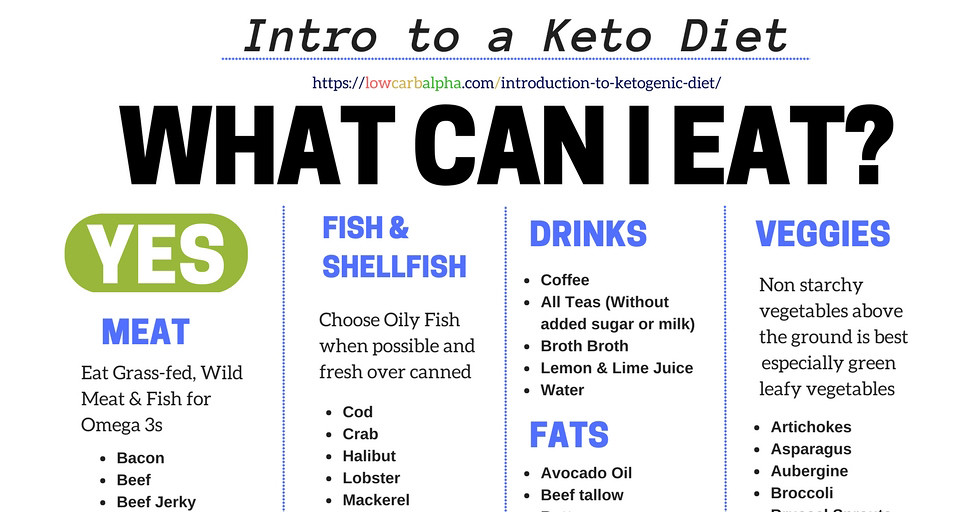Frequently Asked Questions – Keto Diet
What is a keto diet?
Answer:
A keto diet, short for ketogenic diet, is a low-carb, high-fat diet that aims to shift the body’s primary source of fuel from carbohydrates to fat. By reducing carbohydrate intake and increasing fat consumption, the body enters a metabolic state known as ketosis, wherein it becomes efficient at burning fat for energy.
What foods can I eat on the keto diet?
Answer:
The keto diet primarily focuses on consuming foods that are high in healthy fats, adequate in protein, and low in carbohydrates. Some common foods to include in a keto diet are avocados, fatty fish, meat, eggs, nuts and seeds, full-fat dairy products, low-carb vegetables, and healthy oils.
Are there any foods to avoid on a keto diet?
Answer:
Yes, there are certain foods that should be avoided on a keto diet as they can interfere with reaching and maintaining ketosis. Foods to avoid include sugary snacks and drinks, grains, starchy vegetables, high-carb fruits, processed foods, and hydrogenated oils.
Can I eat fruits on a keto diet?
Answer:
While fruits contain natural sugars, many fruits are high in carbohydrates and may hinder ketosis. However, there are some lower-carb fruits such as berries that can be included in moderation on a keto diet. It is important to consider the net carb content of fruits when incorporating them into your meals.
Can I drink alcohol on a keto diet?
Answer:
Alcohol is generally not recommended on a strict keto diet due to its carb content and potential effects on ketosis. However, certain types of alcohol, such as spirits like vodka or whiskey, consumed in moderation and without sugary mixers, can be included sparingly on a keto diet. It is essential to be mindful of the potential impact on your overall progress.
How long does it take to reach ketosis?
Answer:
The time it takes to enter ketosis can vary from person to person. Typically, it takes around 2-7 days of following a strict low-carb, high-fat diet to achieve nutritional ketosis. Factors like individual metabolism, previous dietary habits, and physical activity levels can influence the speed of reaching ketosis.
